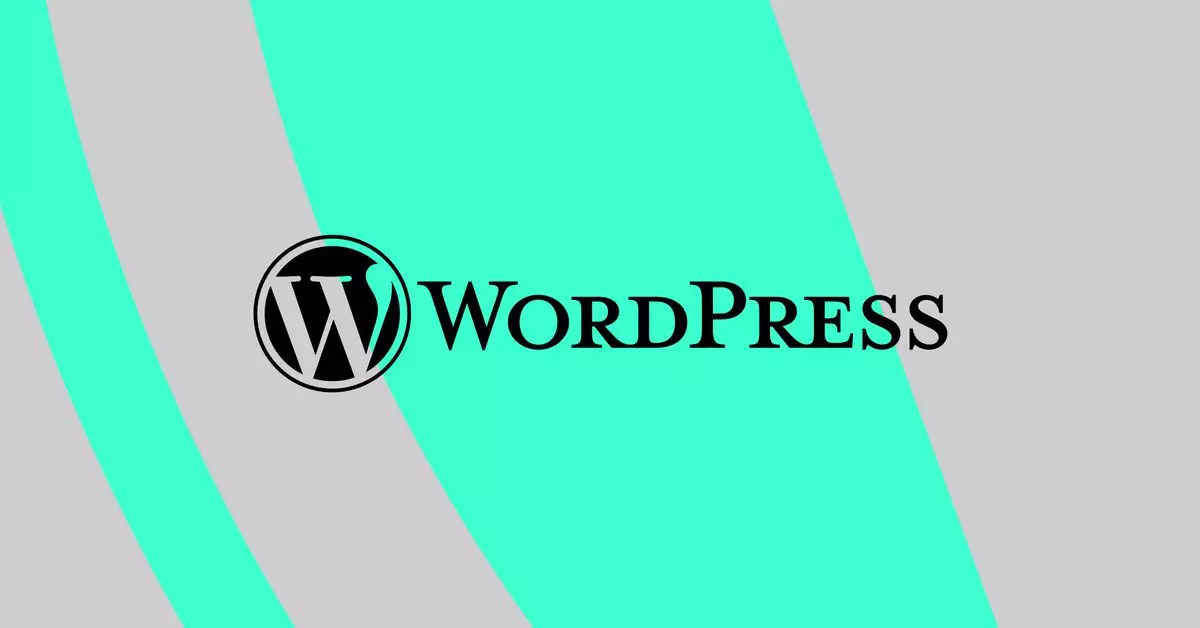In an unexpected turn of events, WordPress, under the leadership of co-founder and Automattic CEO Matt Mullenweg, has introduced a new plugin titled “Secure Custom Fields.” This development comes as a fork of the widely-used Advanced Custom Fields (ACF) plugin and aims to remedy both commercial upselling issues and a critical security problem that has not been explicitly identified in Mullenweg’s announcement. This shift is significant, especially for developers who have relied on ACF to provide advanced functionalities for customizing WordPress sites.
While Mullenweg has chosen to remain vague about the specific security issues prompting this move, it is a reference that raises eyebrows in the tech community. The WordPress founder invoked point 18 of the plugin directory guidelines, which allows for intervention in plugin management under specific circumstances. Given the nature of the allegations and WP Engine’s recent lawsuit against Automattic, this proactive approach seems aimed at protecting user data and maintaining the integrity of the WordPress ecosystem.
The emphasis on security is not merely procedural. It arises amid rising concerns over the vulnerabilities that can compromise web applications. By introducing Secure Custom Fields, WordPress appears to prioritize its community’s safety over potential backlash from WP Engine, which has been embroiled in legal battles against the platform.
This situation marks a notable departure within the plugin management realm of WordPress. Historically, aggressive legal tactics have occasionally surfaced, but rarely have they escalated to the point of prompting a complete overhaul of a popular plugin. Mullenweg’s decision to fork ACF reflects a rare alignment of legal and ethical challenges that could set a precedent for future plugin management decisions.
While WP Engine’s lawsuit has placed a dark cloud over the issue, it fortuitously opens avenues for other developers to contribute to the ongoing health of the WordPress platform. With Secure Custom Fields now on the table, developers are called to adapt quickly to ensure they are using plugins that not only meet their needs but also uphold a commitment to security and user experience.
The Future of WordPress Plugins
As the dust settles, one cannot help but speculate on the long-term implications of this move. Will Secure Custom Fields garner enough support to overshadow its predecessor? Can WordPress continue to deliver innovative solutions without stifling creativity through legal strife? The community eagerly awaits developments that will shape not just the future of this plugin but the overall landscape of WordPress development.
The introduction of Secure Custom Fields signifies a bold stance taken by the WordPress leadership, driven by an inherent commitment to security and user experience. As developers and site owners re-evaluate their toolkit, the ongoing dialogue surrounding plugin management will undoubtedly reshape how WordPress navigates challenges, fostering a resilient community that values security and innovation.

